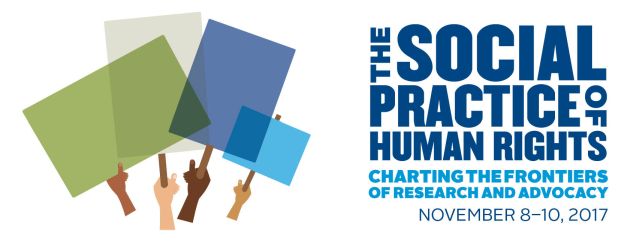
Start Date
11-10-2017 8:30 AM
Keywords
Bishop Gerardi, grassroots justice, genocide, accountability
Abstract
Between the 1970s and 1980s, Guatemalans, particularly the indigenous populations, were targets of a state-sponsored genocide. Several years after the genocide, Catholic Bishop Juan Gerardi of Guatemala City took the lead in creating the Recovery of Historical Memory Project which was an independent investigation into the events of the genocide. Gerardi was murdered before the report was made public. This paper will briefly discuss Gerardi’s work and his contribution to local justice in Guatemala. The author will then explore what contributions the Catholic Church could make in creating similar fact-finding missions. Could a grassroots mechanism such as the one Gerardi created be a more effective response in particular situations, given the political gridlock of local and national governments? This paper will explore this question and utilize an ongoing situation to examine whether it could be more effective than a government body.
A New Future? The Catholic Church, Grassroots Justice, and Accountability
Between the 1970s and 1980s, Guatemalans, particularly the indigenous populations, were targets of a state-sponsored genocide. Several years after the genocide, Catholic Bishop Juan Gerardi of Guatemala City took the lead in creating the Recovery of Historical Memory Project which was an independent investigation into the events of the genocide. Gerardi was murdered before the report was made public. This paper will briefly discuss Gerardi’s work and his contribution to local justice in Guatemala. The author will then explore what contributions the Catholic Church could make in creating similar fact-finding missions. Could a grassroots mechanism such as the one Gerardi created be a more effective response in particular situations, given the political gridlock of local and national governments? This paper will explore this question and utilize an ongoing situation to examine whether it could be more effective than a government body.


